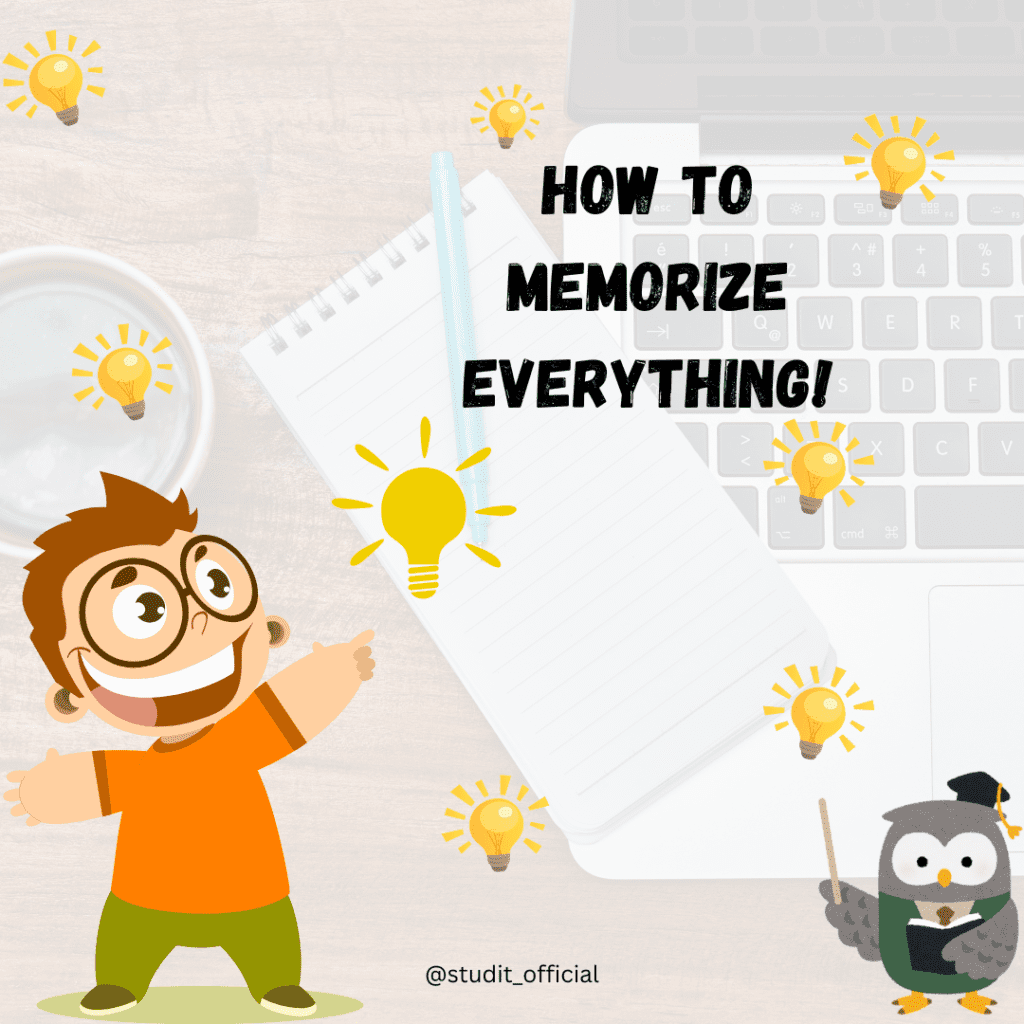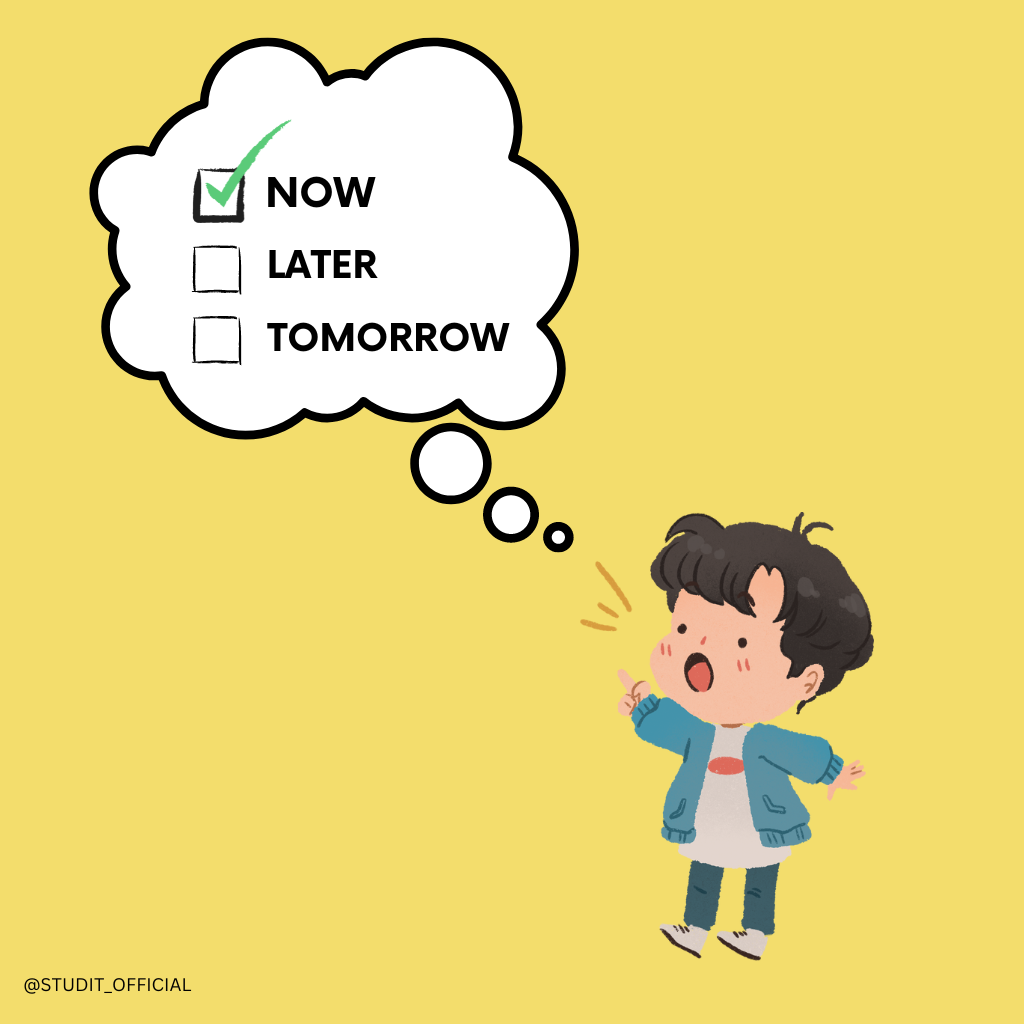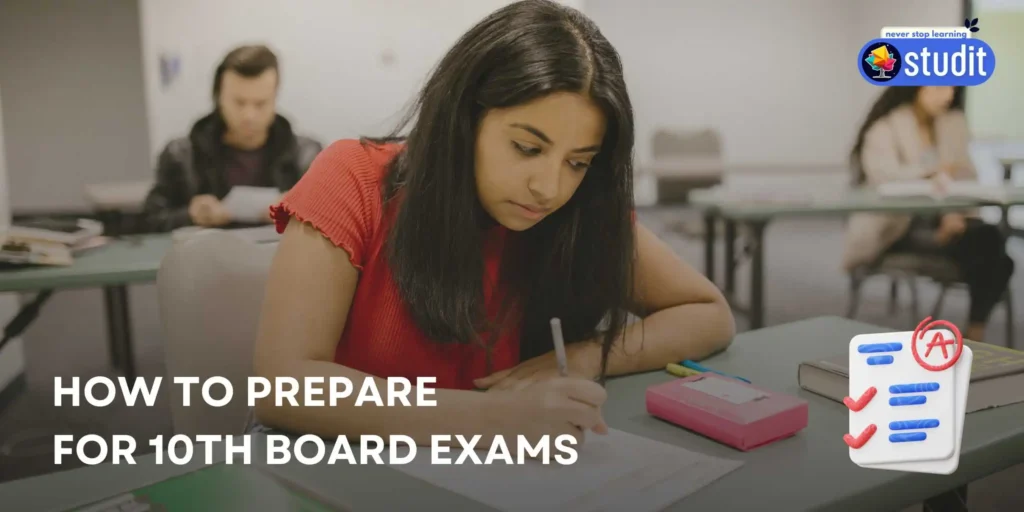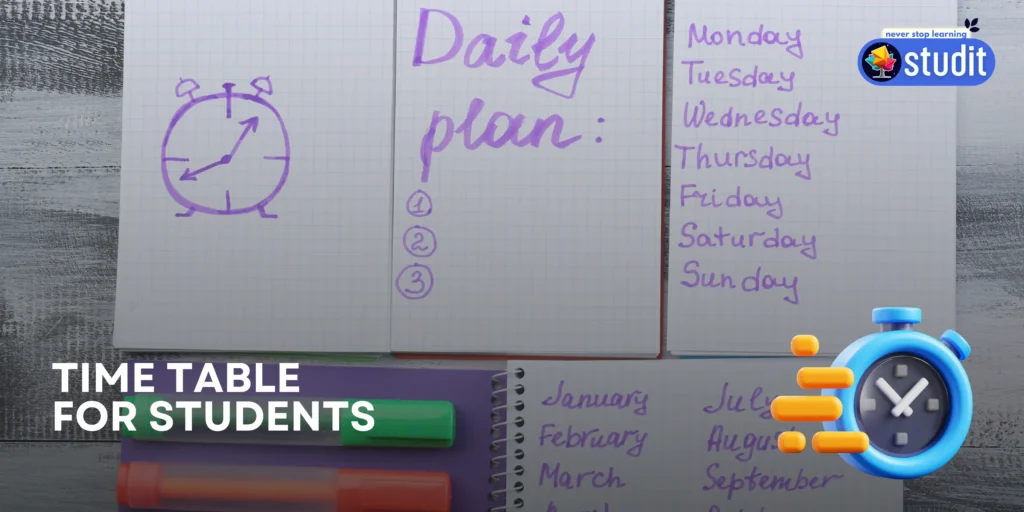Easy Math Tricks for Faster Calculations
Easy Math Tricks for Faster Calculations Have you ever found yourself struggling with mental math or wishing you could calculate faster? You’re not alone. Many people feel intimidated by numbers and complex calculations, often resorting to calculators for even simple arithmetic. But what if we told you there’s a better way? Welcome to the world of easy math tricks that can revolutionize your calculation speed! These clever techniques aren’t just for math whizzes – they’re for everyone who wants to enhance their numerical skills and boost their confidence. From quick mental math hacks to shortcuts for common operations, we’re about to unveil a toolkit that will make math feel like magic. In this blog post, we’ll explore five game-changing areas: lightning-fast mental math techniques, methods to simplify complex calculations, shortcuts for everyday math operations, subject-specific tricks, and tips to enhance your overall calculation speed. Get ready to unlock the secrets that will transform you into a human calculator! Quick Mental Math Techniques A. Multiplying by 9 using fingers One of the most fascinating mental math tricks involves using your fingers to multiply by 9. This technique is not only effective but also engaging, especially for visual learners. Here’s how it works: Hold up both hands with palms facing you, fingers extended. Number your fingers from left to right, starting with 1 for your left pinky and ending with 10 for your right pinky. To multiply 9 by any number from 1 to 10, simply bend down the finger corresponding to that number. The digits to the left of the bent finger represent the tens place, while the digits to the right represent the ones place. For example, let’s multiply 9 by 7: Bend down your 7th finger (right index finger). You’ll see 6 fingers to the left and 3 fingers to the right of the bent finger. Therefore, 9 x 7 = 63 This method works because of the pattern in the 9 times table: the tens digit increases by 1, while the ones digit decreases by 1 for each successive multiple. Multiplication Result Fingers to the left Fingers to the right 9 x 1 09 00 9 9 x 2 18 1 8 9 x 3 27 2 7 9 x 4 36 3 6 9 x 5 45 4 5 This technique is particularly useful for students who are learning their multiplication tables or for anyone who wants to impress others with quick mental calculations. B. Squaring two-digit numbers ending in 5 Squaring two-digit numbers that end in 5 is another impressive mental math trick that can significantly speed up calculations. This method works for any two-digit number ending in 5, from 15 to 95. Here’s how to do it: Take the first digit of the number you want to square. Multiply that digit by the next whole number. Append 25 to the result. Let’s break it down with an example: To square 75: The first digit is 7. Multiply 7 by 8 (the next whole number): 7 x 8 = 56 Append 25 to 56: 5625 Therefore, 75² = 5,625 This trick works because of the algebraic formula (10a + 5)² = 100a² + 100a + 25, where ‘a’ is the tens digit of the number. Here’s a table showcasing more examples: Number to square First digit x (First digit + 1) Result 15 ² 1 x 2 = 02 0225 35 ² 3 x 4 = 12 1225 55 ² 5 x 6 = 30 3025 85 ² 8 x 9 = 72 7225 C. Adding large numbers from left to right Traditionally, we’re taught to add numbers from right to left. However, adding large numbers from left to right can be faster and more intuitive, especially when doing mental calculations. This method allows you to work with the most significant digits first, giving you a good approximation of the answer quickly. Here’s how to do it: Align the numbers vertically in your mind. Start with the leftmost column (highest place value). Add each column, keeping a running total. Adjust your total as you move right. Let’s use an example to illustrate: Add 3,864 + 5,927 Start with the thousands: 3 + 5 = 8 (running total: 8,000) Move to hundreds: 8 + 9 = 17 (new running total: 8,700) Tens: 6 + 2 = 8 (running total: 8,780) Ones: 4 + 7 = 11 (final total: 8,791) This method is particularly useful when you need a quick estimate or when dealing with numbers that have different numbers of digits. Here’s a comparison of left-to-right vs. right-to-left addition: Step Left-to-Right Right-to-Left 1 8,000 1 (carry 1) 2 8,700 91 (carry 1) 1 8,780 791 (carry 1) 4 8,791 8,791 As you can see, the left-to-right method gives you a good approximation of the final answer much earlier in the process. D. The “11 rule” for multiplying by 11 Multiplying by 11 can be intimidating, but there’s a simple trick that makes it easy for two-digit numbers. This method, known as the “11 rule,” allows you to perform these calculations quickly in your head. Here’s how it works: Take the original two-digit number. Add the two digits together. Place the sum between the original two digits. If the sum of the two digits is greater than 9, you’ll need to carry over to the hundreds place. Let’s look at some examples: 42 x 11 4 + 2 = 6 Place 6 between 4 and 2 Result: 462 75 x 11 7 + 5 = 12 Place 12 between 7 and 5, carrying the 1 Result: 825 (7 + 1 = 8, 12, 5) Here’s a table with more examples: Number Sum of digits Result 23 x 11 2 + 3 = 5 253 56 x 11 5 + 6 = 11 611 89 x 11 8 + 9 = 17 979 This method works because multiplying by 11 is equivalent to multiplying by (10 + 1).
Easy Math Tricks for Faster Calculations Read More »







